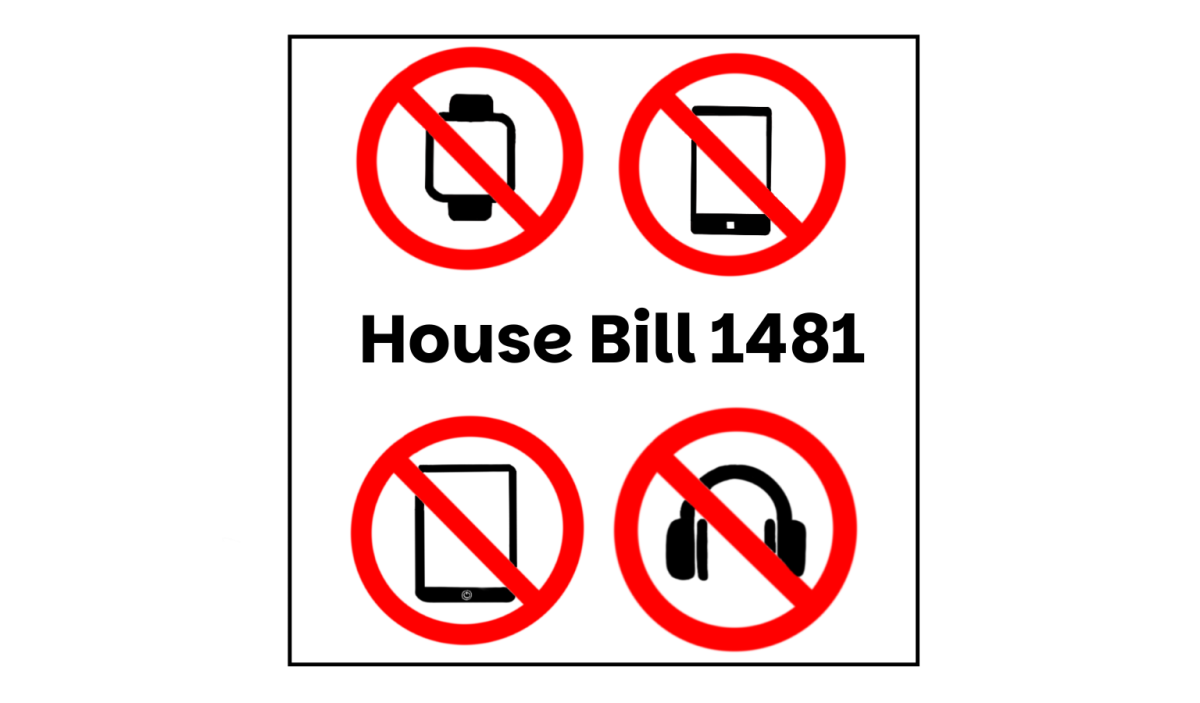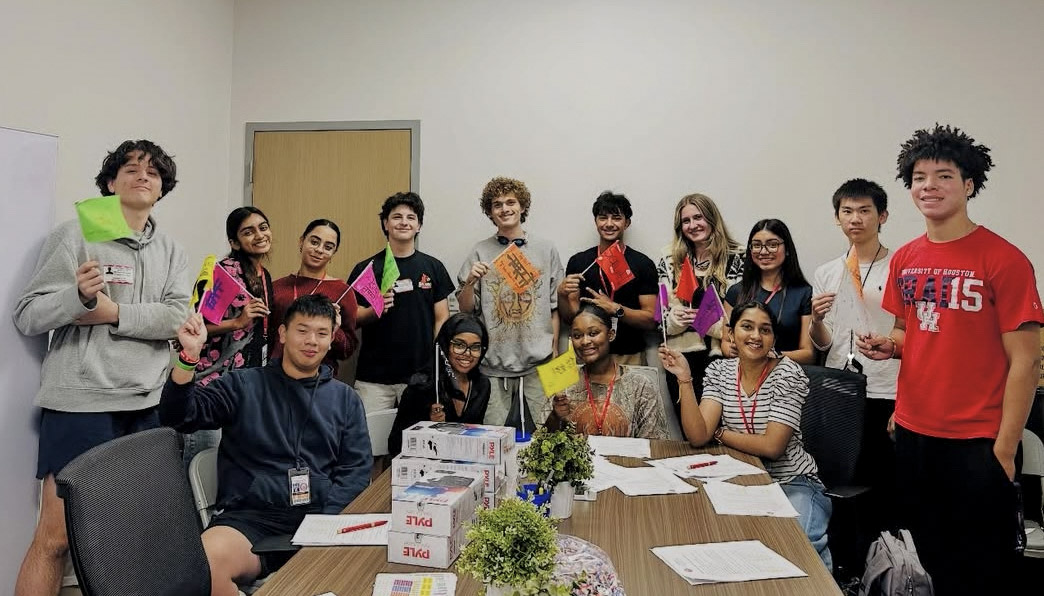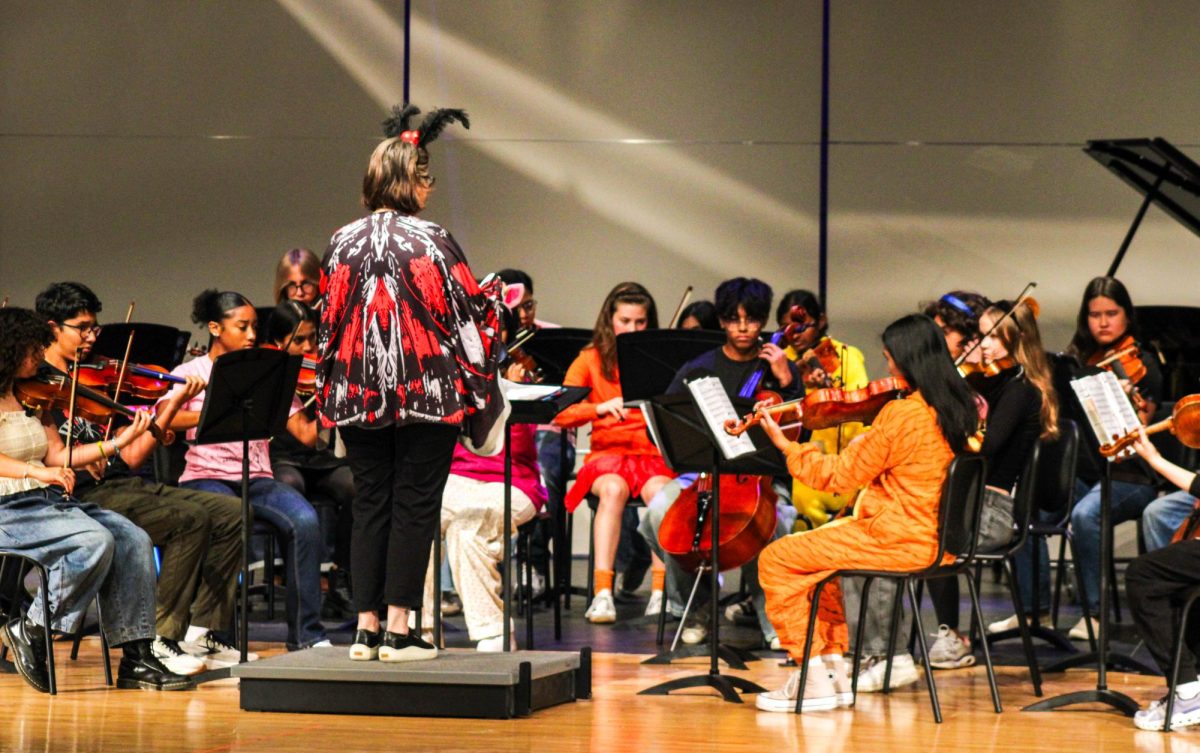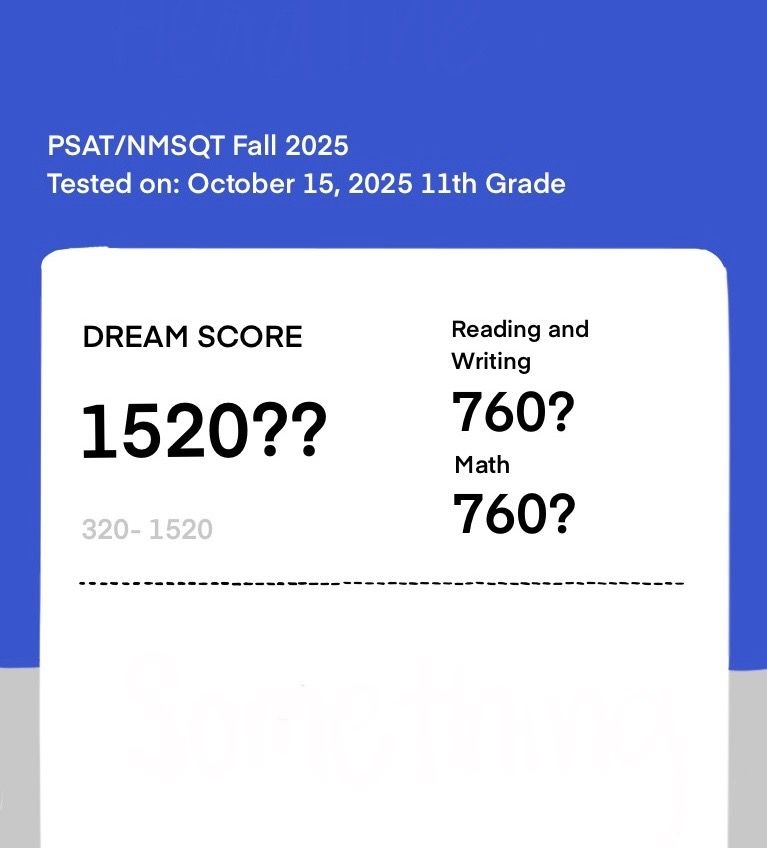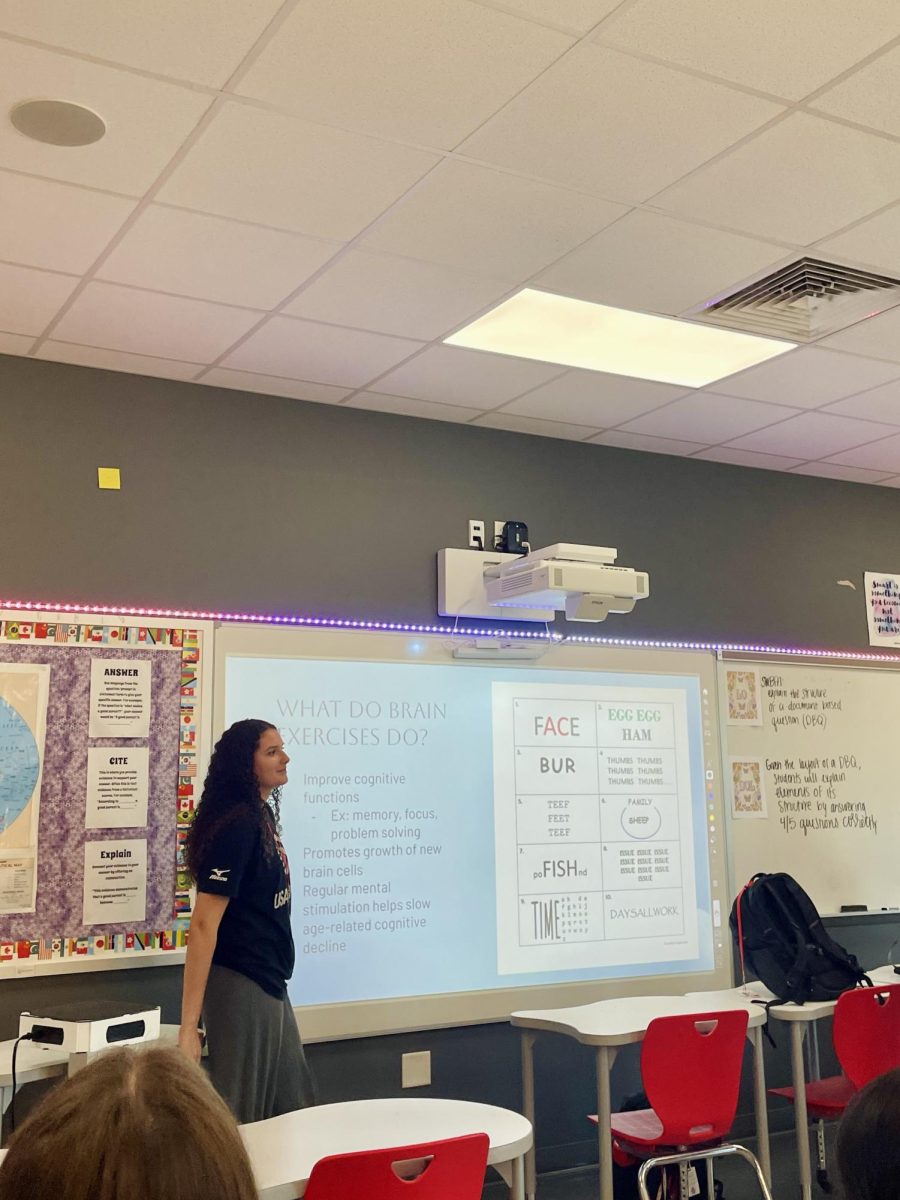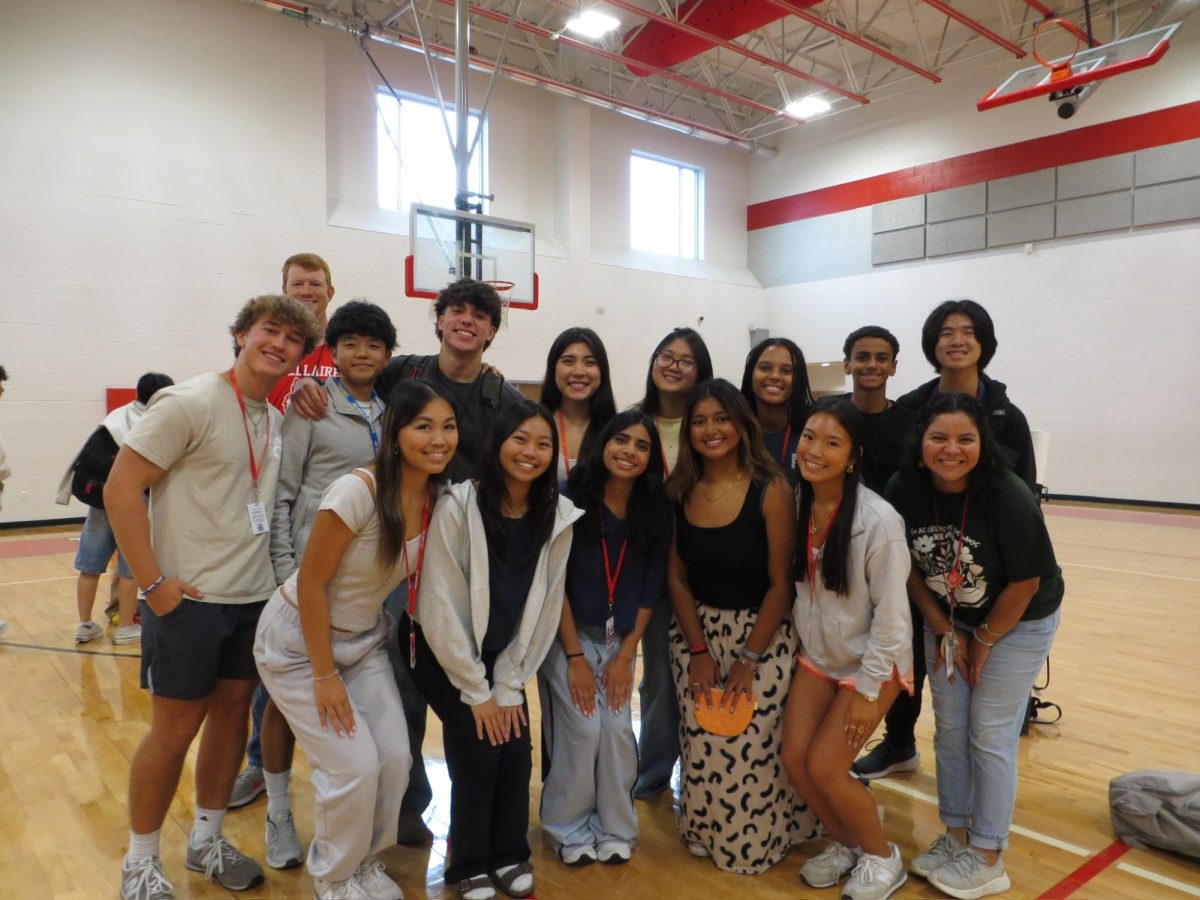Texas House Bill 1481, passed on April 24, went into effect for Houston Independent School District on its first day of school on Aug. 12. The law prohibits the use of cell phone and communication devices for students statewide during the school day.
Introduced by Rep. Caroline Fairly of Amarillo, House Bill 1481 requires public and open-enrollment charter schools to adopt a policy restricting the use of personal communication devices for K-12 students during the school day. Districts can choose between prohibiting students from bringing their personal devices to school or specifying an area for students to store their devices.
English Department Chair Head, AP English Literature, AP English Language and Pre-AP English 1 teacher Elizabeth Chapman said she found that phones were a distraction for a few students prior to the ban.
“It’s really clear to students now from the get-go that phones are not supposed to be out,” Chapman said. “I just think that the ban kind of removes the temptation and helps to create an atmosphere where everybody is more focused on the lesson.”
Chapman said she sees a “big” change in class culture and in the halls of the school. She said that students now get to class more quickly and she hopes the ban encourages students to spend more time with friends.
“Over my thirteen years at Bellaire, I was really dismayed by the increase in fights in the hallways,” Chapman said. “I think cell phones encouraged that because the fights became a kind of a spectacle that could be recorded and publicized. I think the allure of being internet famous was a factor in encouraging that, and I certainly haven’t seen any of that this year. My hope is that the cell phone ban continues to have that positive impact on that dynamic within the community.”
According to an HISD NOW video on House Bill 1481, the bill requires school boards to “adopt, implement and ensure” that districts comply with the policy prohibiting students from using personal communication devices while on school property during the school day. However, HISD spokesperson Lana Hill in the HISD NOW video said students are allowed to carry their phone or communication device in their backpacks, but not in their pockets, where “it could be a distraction.”
Students in Bellaire will face consequences if they do not adhere to the cell phone ban, with most offenses resulting in a student having to review the law and HISD cell phone policy with additional consequences. A first offense could result in a student’s device being confiscated, and parents or guardians may retrieve the phone from the office after school hours. A second offense would result in a confiscated device, and guardians may pick up the phone after one full school day. A third offense would result in the device being confiscated and being picked up after two full school days.
Further offenses would result in disciplinary action as outlined in the Student Code of Conduct. Some exceptions are given from the ban, such as approved medical needs: a documented need based on a directive from a qualified physician or special education as outlined in an IEP or a 504.
Chapman said she thinks that there is an overwhelmingly negative reception on the students’ part due to the ban.
“I think that there is some element of addiction, and I even struggle with that myself,” Chapman said. “It’s hard to kind of feel like you’re out of touch with this tool that makes this world accessible to you. I hope that as time goes on, it will feel easier for students, and they’ll accept some of the reasons for the ban more readily.”
About 5.9 million public school students across Texas have been affected by this new law. Districts across the state have implemented House Bill 1481 in different ways, with Dallas ISD prohibiting the use of cell phones during the whole school day and having fines as a result of violating the law. Alternatively, Highland Park ISD requires students to secure their devices in Yondr pouches during the school day.
“I’ve heard a lot of opposition to the cell phone ban from the perspective of, ‘What are students going to do if there is an emergency?’” Chapman said. “I think that kind of thinking — that we need our phones to deal with a horrifying incident of violence — is the wrong approach. We could have made some laws that would make incidents of school violence less frequent. It’s really hard for me to celebrate the cell phone ban when I see the Legislature failing in so many other ways to support young people’s health, safety and growth.”
Senior Avery Robertson said because of the phone ban, she saw people have more face-to-face interactions and converse in class when there’s free time. She said she thinks that it is “great” to hear people talking because it didn’t happen much before.
“Before the ban, it was boring,” Robertson said. “If I was in a class and I knew it was going to be an easy day, I was dreading it because I knew I wouldn’t be able to talk to my friends because they would be on their phones or doing something else. Now, when I finish my work early, I can talk to my friends and they’re not going to be playing video games or texting on their phones.”
Robertson said she “definitely” feels like this law improves her ability to learn. She said she thinks that her grades will also improve.
“Knowing that I’m not legally allowed to go on my phone pushes me to not even think about it,” Robertson said. “I don’t even think about my phone now, and so I’m more focused on my schoolwork and listening to the teacher talk.”
Outside of just Texas, in 2025, at least 22 states have enacted laws or policies restricting cell phone use in K-12 classrooms. In California, Gov. Gavin Newsom signed the Phone-Free School Act, saying it will help students focus on “academics, social development and the world in front of them.” According to the National Center for Education Statistics, 53% of public school leaders have reported negative impacts of cell phone use on academic performance.
Sophomore Aarya Joshi said the ban didn’t “really” impact much of her learning because she didn’t use her phone during class. However, she said the ban makes it harder for her to communicate with club meetings during Cardinal Hour.
“The biggest concern with the new ban is communication with family as well as communication across clubs, organizations and teachers,” Joshi said. “Before, Remind was the only thing that kept me updated. Now, I lost that ability [to use Remind on my phone], so I would have to hear about club meetings through friends, or I’d have to ask people about it more frequently.”
Joshi said she first found out about the ban through YouTube. She said she looked into it and didn’t believe the ban was real.
“When school was first about to start, I was like ‘Oh, this is real,’” Joshi said. “Then, I remember on the first day of school, somebody got their laptop confiscated. That’s when I realized that this ban was actually being mandated.”
Joshi said the ban was effective in keeping students from using their phones, but she doesn’t think it’s beneficially impacting learning.
“I think it impacts people differently,” Joshi said. “There’s certain people who want to stay on their phones instead of learning. I think that this ban completely forces them to get focused, so I think in that way, it’s beneficial. But this is a big change for a lot of groups and organizations, so it will be very hard to manage at first.”
For more information about cell phone use in Texas schools, visit the Texas Education Agency’s website at tea.texas.gov.


